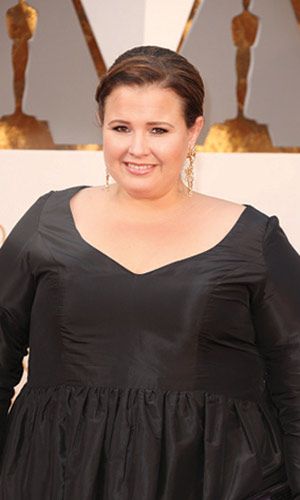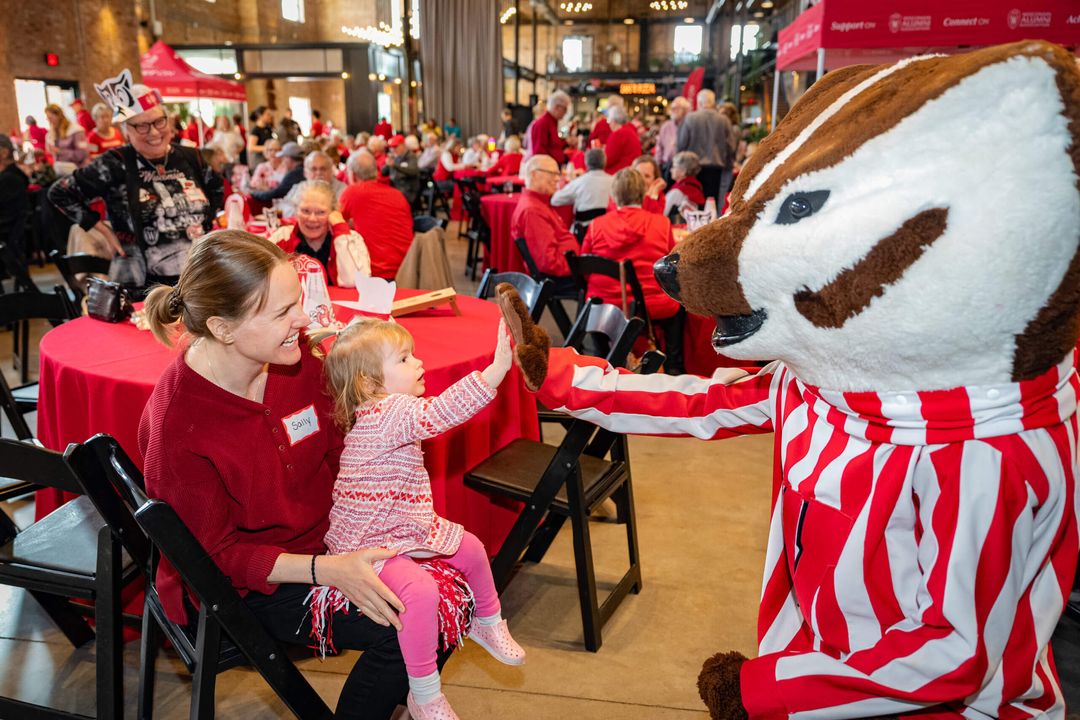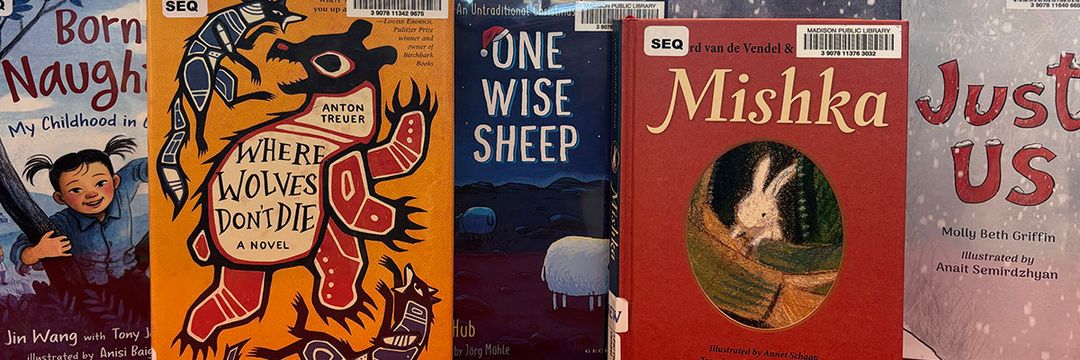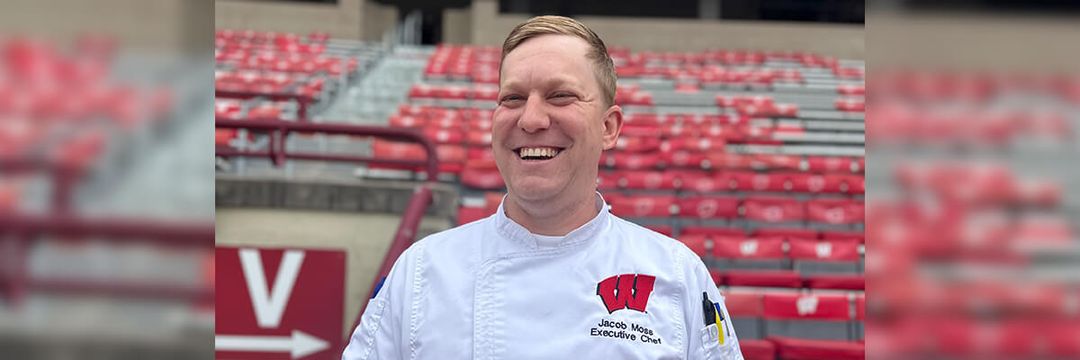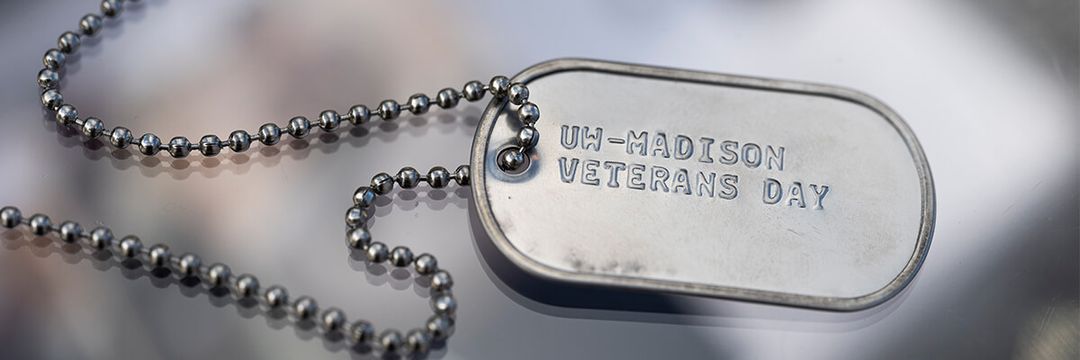Her award has a first name: it’s O-S-C-A-R
Nicole Rocklin ’01’s production company, Rocklin/Faust, makes movies based on true stories. After what happened during the 88th Academy Awards, she may want to take her own story under consideration. That’s because in only her fourth film as a producer, Rocklin took home the biggest prize of the night when her film Spotlight won the Oscar for best picture. Spotlight follows a Pulitzer Prize–winning team of Boston Globe investigative journalists who are delving into allegations of abuse in the Catholic Church — a tense, dramatic thriller that traces one of the biggest cover-ups in modern times.
What was your Academy Awards experience like?
It’s a long process, getting to an Oscar win. It’s almost like a political campaign. I hate to equate it that way but you spend six months of your life — on top of the seven years making the film — campaigning to win. It’s kind of crazy because sometimes it can happen where the best-campaigned movie wins, not necessarily the best movie. But in this case, I think the best movie won.
What’s life been like since your Oscar win?
Every person I haven’t spoken to in 20 years now wants to write a screenplay or option a book. And they want my advice on how to do that … [and] I have to tell them in a really nice way I don’t have the time because I’m pulled a thousand different ways already in life. But I have a beautiful, gold man who moves from my dresser to my office, depending on where my one-and-a-half-year-old can reach. Otherwise, my life is pretty much the same. The day after the ceremony I woke up and swept my kitchen floor and fed my son breakfast. I mean, I’ve received a lot of wonderful accolades and messages and a few more opportunities, but life hasn’t changed much. It’s an amazing achievement, but what do you do after you win a Super Bowl? You get back to work. Same thing.
How involved were you in the day-to-day shooting of Spotlight?
I was balancing having a child with prepping this movie. So actually I had two children — this movie and a son — because I happened to be giving birth during the film’s shooting preparation. We had one producer on set the entire time, though. And while my goal was always to be there, you can’t control two things: when a child is going to come into the world (for the most part) and when your movie is going to go into production.
You’re from California originally. What brought you to UW-Madison?
My dad, whom I lost this past year, was really the person who brought me to Wisconsin. He moved to Milwaukee on business. So I didn’t necessarily have Wisconsin roots. But walking into the Oscars, I saw Aaron Rogers, and my dad was a die-hard Green Bay Packers fan. I actually had a really nice conversation with Aaron, and he made me feel like my dad was there. After we won, Aaron sent a nice note saying how happy he was for me, and he knew how meaningful it was for me. I felt that my dad had willed this all to happen.
Do you have a favorite memory from your time at the UW?
Sitting on the Terrace, close to finals time, getting some sun and enjoying the beauty of the water and the Memorial Union.
How did attending the UW prepare you for life in the entertainment industry?
It gave me the opportunity to have perspective. Oftentimes people think that if they want to work in entertainment or go into film, they need to be a film major or go to film school … but the best thing I did for myself was exploring my liberal arts education. It gave me a platform to think about things differently and to look at life differently. My African American studies classes and Jewish studies classes allowed me to become the person I am and open up to the possibility of pursuing a career as a film producer.
What advice would you give to current UW-Madison students?
Take your time, and be open. Know that once you go into the real world after college, you really don’t know everything, even though you think you do. Open yourself up to other cultures and different people because those are the things that are going to make you a successful person and a happier person.
Have you always been a movie buff?
No. I mean, I’ve always loved movies, but I wasn’t the kid who — here’s the typical Hollywood story — at eight years old, his father bought him a video camera, and he idolized Steven Spielberg (who, by the way, told me he loved my movie). I wanted to be in the business my whole life, but it wasn’t this or nothing because I had perspective.
Why did you want to become a producer?
I’m a great matchmaker. I’m also a great salesman. I’m selling my projects to actors and to directors. I’m selling my projects to studios. So there are many aspects of sales that go on with a producer. And I think connecting people is very much what a producer does … besides the creative aspects of finding material and cultivating it from a creative standpoint. So much of my job are those interpersonal relationships and selling. And I’m good at that.
What’s the biggest misconception people have about film producers?
We’re not all wealthy. There’s a lot of struggle depending on the type of movie you make. Producers are the last people to get paid. So if Spotlight had never gone into production — and there were many times it might not have — I would’ve never made any money after spending seven years of my life on the project.
What’s next for you? What do you do for an encore?
We’re still tying up some stuff on Spotlight. The movie is being released internationally. We’re also figuring out some bigger things with our company and how that’s going to realign itself post Oscars. And we have a handful — a couple of handfuls, I’d say — of fantastic projects we’re putting out into the universe that are all in different stages that hopefully will be lightning in a bottle. Spotlight was lightning in a bottle.
Photo credit: Getty Images
